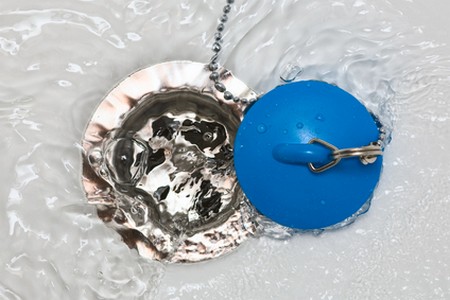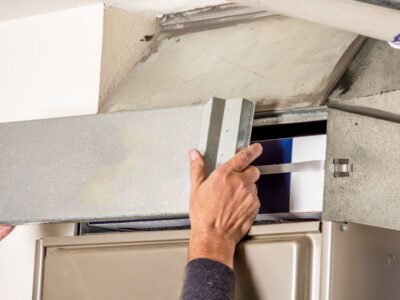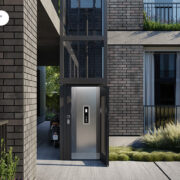Monitoring your drains is an essential aspect of home maintenance that ensures the smooth functioning and longevity of your plumbing system. Understanding why drains back up can help homeowners prevent these issues before they escalate into larger problems. Keeping an eye on the warning signs and engaging in regular maintenance can save you from facing serious backups, which can be costly and disruptive to deal with. Proactive measures such as regular inspections and cleaning are crucial in avoiding the stress and expense of emergency repairs caused by blocked or overflowing drains.
Find below some vital reasons determining the cause of drain backups.
Clogs from hair and soap
One of the most common reasons for drain backups in bathrooms is the accumulation of hair and soap scum. Over time, these materials can bind together within the pipes, gradually obstructing water flow and eventually causing a complete blockage.
Grease buildup
In kitchens, grease and fats are often washed down the sink. These substances can stick to the inner walls of the pipes and harden, leading to significant blockages. As more grease accumulates, it becomes increasingly difficult for water to pass through, leading to backups.
Foreign objects
Drains can also back up due to foreign objects that are not meant to be flushed or washed down the drain. Items such as sanitary products, wipes (even those labeled as flushable), and large food particles can clog pipes, particularly if the plumbing is older or has narrow pipes.
Tree root intrusion
Outdoor drainage systems and main sewer lines can back up due to tree roots growing into the pipes. Roots seek moisture and can find their way into even small cracks in the pipes, where they grow and cause blockages. This issue is more prevalent in older systems with clay or porous pipes.
Structural damage
Over time, pipes can suffer from structural damage due to shifting soil, corrosion, or aging materials. Any cracks or collapses in the pipe structure can impede water flow, leading to backups. This type of damage requires immediate attention to prevent more severe plumbing emergencies.
To sum up
Understanding these common reasons why drains back up allows homeowners to take preventative measures. Regular drain cleaning, being cautious about what goes down the drain, and early intervention when problems are detected can keep your plumbing system healthy and prevent the inconvenience of backed-up drains. By maintaining vigilance and addressing small issues promptly, you can avoid major disruptions and ensure that your home’s plumbing operates efficiently.












Comments